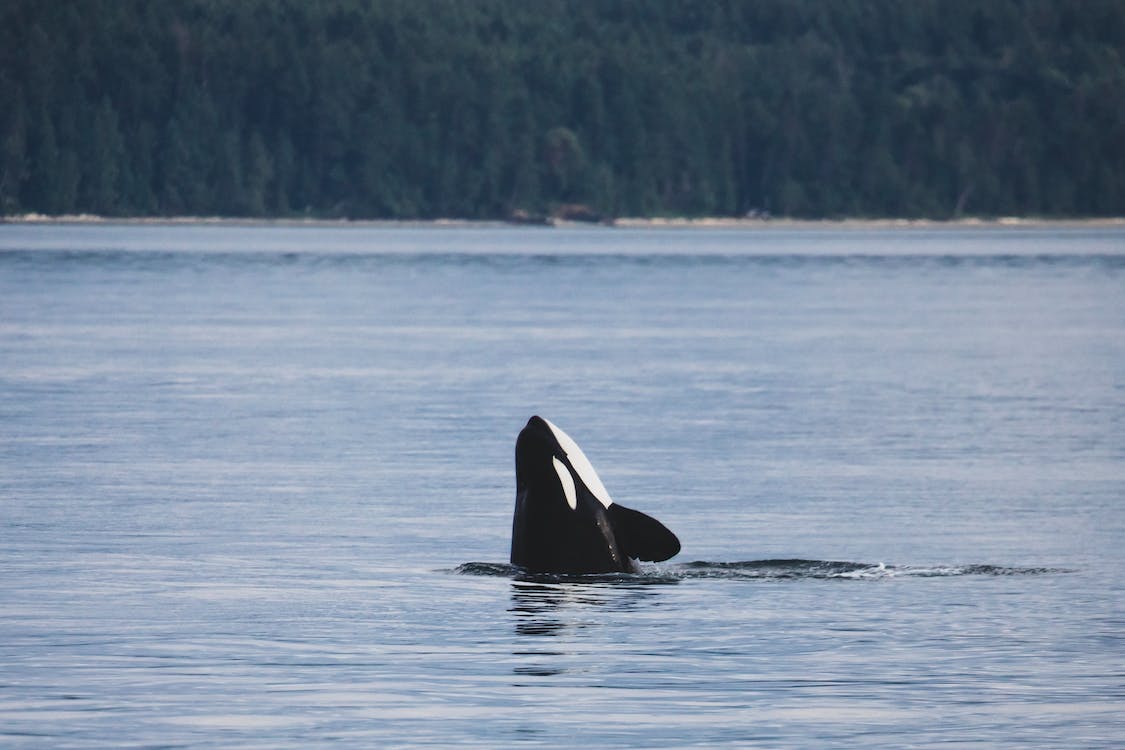Every citizen across the world is protected in some degree thanks to the Universal Declaration of Human Rights. Following the Second World War, this document was delivered by the General Assembly in 1948 and as such, no matter who you are or where you happen to be traveling across the world, you are protected.
Global Rights
- Human beings are born free and equal in dignity
- Everyone is entitled to these human rights regardless of their background
- Everyone has the right to life, liberty and security of person
- No one can be held into servitude or slavery
- Torture is strictly prohibited
- Everyone has the right to be recognised before the law
- All are equal before the law
- Everyone has a right to an effective remedy by a competent national tribunal
- No one can be subjected to arbitrary arrest, exile or detention
- Everyone must have access to an equal and fair public hearing
- You have the right to a presumption of innocence until proven guilty
- You have the right to privacy without any attacks on an individual’s reputation or honour
- You have the right to freedom of movement within a nation’s borders
- You have the right to leave and return to any country
- You have the right to seek asylum
- Everyone has a right to a nationality
- Men and women of full age are allowed to marry and have a family
- Individuals can own property either off their own accord or as a collective
- Religion, conscience and freedom of thought are all rights
- Opinion and expression are afforded to every citizen
- Peaceful assembly and association is afforded to everyone
- Government is open to all citizen, either directly or through representation
- Every member can have access to social security
- You have the right to choice of employment and equal pay for equal work
- Rest and leisure is afforded to all
- All global citizens have a right to an adequate standard of living
- Education must be free and open
- Cultural life is open and free, including all of the benefits that are shared through scientific advancement
- There will be duties to the community
- None of these rights may be infringed upon by a group or state body
Global Responsibilities
- To understand one’s own perspective and the perspectives of others on global issues
- To respect the principle of cultural diversity
- To make connections and build relationships with people form other countries and cultures
- To understand the ways in which the peoples and countries of the world are inter-connected and inter-dependent
- To understand global issues
- To advocate for greater international cooperation with other nations
- For advocating for the implementation of international agreements, conventions and treaties related to global issues
- For advocating for the more effective global equity and justice in each of the value domains of the global economy



